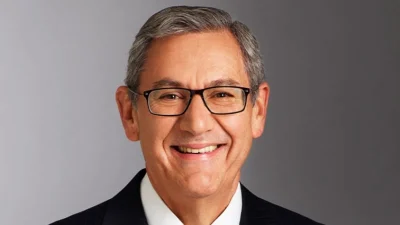McCredden questions MySuper outcome




|
| Terry McCredden
|
A superannuation fund executive has expressed doubt about the ability of funds to lower super costs in line with Mysuper recommendations.
Speaking at an Association of Superannuation Funds of Australia (ASFA) lunch, the chief executive of UniSuper, Terry McCredden, said that UniSuper already had costs of under 1 per cent for members and that reducing their fees any more would reduce their revenue.
“I don’t believe our cost base is going to fall that much,” McCredden said.
“What services are we going to offer, in particular, to reduce our costs? Are we going to do away with education seminars? Online services? Access to benefit quotes, or calculators, or other educational services?” he asked.
McCredden sarcastically questioned whether they could reduce costs by not answering emails or sending out member newsletters.
Both disengaged and engaged super fund members would still want the extra services they offered, McCredden said.
“Realistically, how can we not offer disengaged members those services that we currently offer?” he said.
The driver of administration costs in the industry over the last five years was compliance costs, not services costs, he added.
McCredden suggested that if they switched to index funds to lower their investment management fees, it would lower their returns.
The Government should drop the superannuation contributions tax if they wanted to boost member’s account balances, he said.
Recommended for you
Women beginning their careers in 2025 could retire with hundreds of thousands of dollars more in super due to the 12 per cent super guarantee rate, HESTA modelling shows.
The two funds have announced the signing of a non-binding MOU to explore a potential merger.
The board must shift its focus from managing inflation to stimulating the economy with the trimmed mean inflation figure edging closer to the 2.5 per cent target, economists have said.
ASIC chair Joe Longo says superannuation trustees must do more to protect members from misconduct and high-risk schemes.











